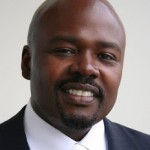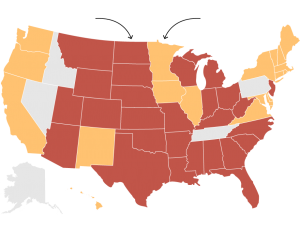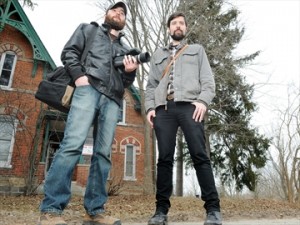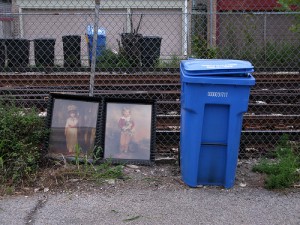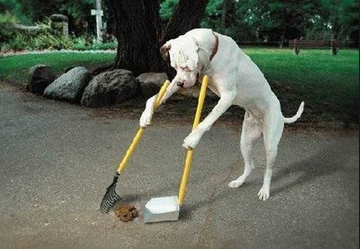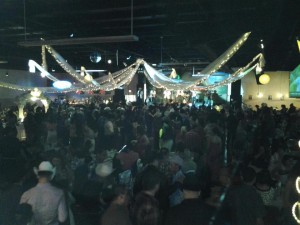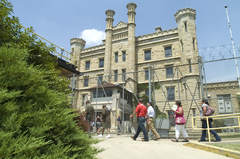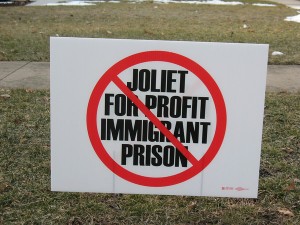Students, colleagues, and friends — please attend and participate in this major conference at Roosevelt next month, which should be a galvanizing week on our campus. The theme couldn’t be more timely, considering the tensions, rancor, and controversies of the current election season. In particular, I’m looking forward to speaking on a faculty panel addressing the presidential election (Wed 9/14, 4:15pm) and participating in Service Day on 9/15. The following text is from Roosevelt’s official announcement of the conference. Be sure to register soon!
 What does the American Dream mean today? That’s the topic of a major conference Roosevelt University will be hosting Sept. 12-15 in Chicago.
What does the American Dream mean today? That’s the topic of a major conference Roosevelt University will be hosting Sept. 12-15 in Chicago.
At more than a dozen lectures and discussions, leading American scholars, activists and entrepreneurs will analyze the American Dream and how it affects millennials, education, health care, real estate, immigration, politics and more.
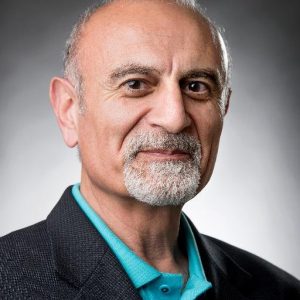 “The American Dream is about every individual who aspires to achieve more in life,” said Ali Malekzadeh, president of Roosevelt University and a native of Iran. “Understanding our national ethos of democracy and equality has never more urgent. At the American Dream Reconsidered Conference, we will present many viewpoints on what it means to be an American in these challenging times.”
“The American Dream is about every individual who aspires to achieve more in life,” said Ali Malekzadeh, president of Roosevelt University and a native of Iran. “Understanding our national ethos of democracy and equality has never more urgent. At the American Dream Reconsidered Conference, we will present many viewpoints on what it means to be an American in these challenging times.”
The conference, sponsored by BlueCross BlueShield of Illinois, McDonald’s Corporation and other organizations, also celebrates Malekzadeh’s first year in office. It is being held in lieu of formal and expensive presidential installation ceremonies commonly held on university campuses. Instead, President Malekzadeh has led an effort to discuss the future of the American Dream and initiate a new scholarship program for six outstanding Roosevelt students. Among the highlights of the first annual American Dream Reconsidered Conference are:
• A conversation with PayPal co-founder Peter Thiel on “The American Dream — Globalization, Technology and Progress.” (Sept. 13, 12:30-1:45 p.m.)
• A lecture by Pedro Noguera, distinguished professor of Education at UCLA, on “The Five Principles of Courageous Leadership to Guide Achievement of Every Student.” (Sept. 12 , 6:00-7:30 p.m., Roosevelt’s Goodman Center)
• A panel discussion on “The Current State of the American Dream” featuring John W. Rogers Jr., founder and CEO of Ariel Investments; Melissa Bean, Midwest chair of JP Morgan Chase and former member of the U.S. Congress; Rabbi Abie Ingber, executive director of the Center for Interfaith Community Engagement at Xavier University and Ali Malekzadeh, Roosevelt president. (Sept. 14, 9:30 to 10:45 a.m.)
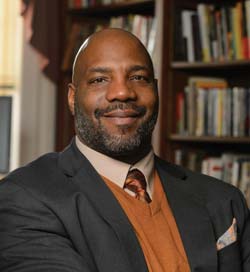
• “A Conversation on Justice, Race and the American Dream” with Martha C. Nussbaum, the Ernst Freund distinguished service professor of law and ethics at the University of Chicago and Jelani Cobb, professor of journalism at Columbia University and staff writer at the New Yorker magazine. (3:30 to 5 p.m., Sept. 13)
• “A Conversation on Community Leadership and Social Justice,” moderated by Samuel Betances, and including Tom Burrell, founder of Burrell Communications; Gloria Castillo, president and CEO of Chicago United; Father Michael Pfleger, St. Sabina’s Church; Dana Suskind, University of Chicago Medicine and founder of the Thirty Million Words Initiative and Omar Yamini, activist and author. (Sept. 12, 1:30 to 3 p.m.)
Other panel discussions during the week focus on: immigration (Sept. 14, 2 to 3:15); the Affordable Care Act (Sept. 13, 9:30 to 11 a.m.); the 2016 presidential election (Sept. 14, 4:15 to 5:45 p.m.); real estate (Sept. 13, 9:30 to 11 a.m.); and corporate America (Sept. 14, 4:15 to 5:45 p.m.). There is also a film on millennials created by undergraduate students.
On the last day of the conference, Thursday, Sept. 15, Roosevelt will award BlueCross BlueShield of Illinois American Dream Scholarships to outstanding Roosevelt students. The University community will also participate in the American Dream Service Day, when students, faculty, staff, alumni and friends of the University will volunteer at 30 nonprofit organizations throughout the Chicago area.

Roosevelt University, home of the American Dream Reconsidered Conference, was founded in 1945 to protest discriminatory racial and religious college admission quotas, and remains dedicated to providing access to higher education for all qualified students.
“Education is the key to achieving the American Dream,” President Malekzadeh said. “That’s why Roosevelt is hosting this conference.”
The American Dream Reconsidered Conference is free and open to the public, however reservations are requested. For more details and to register, visit: www.Roosevelt.edu/americandream. The conference will be centered at Roosevelt University, 430 S. Michigan Ave., Chicago, with additional events at RU’s campus in Schaumburg, IL.
